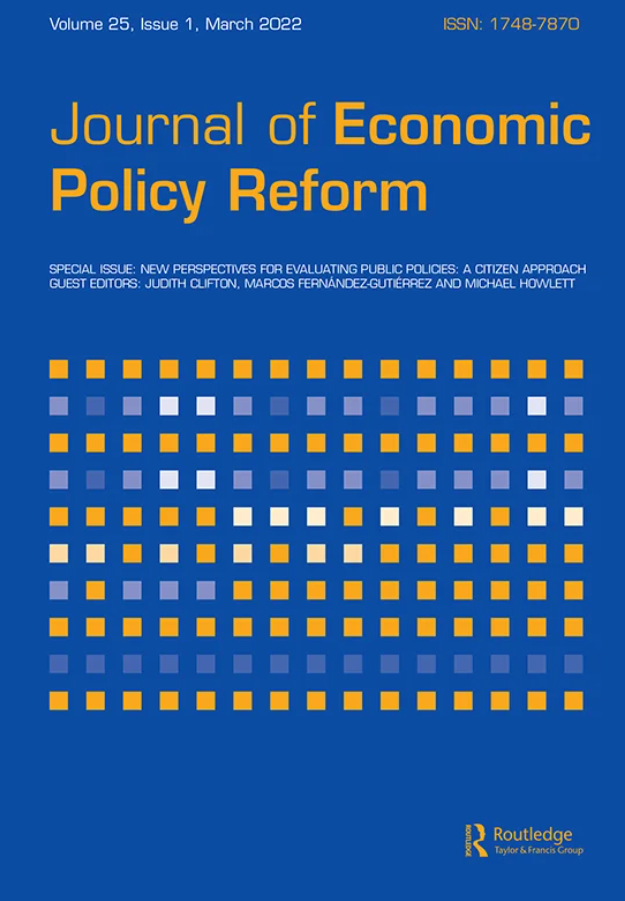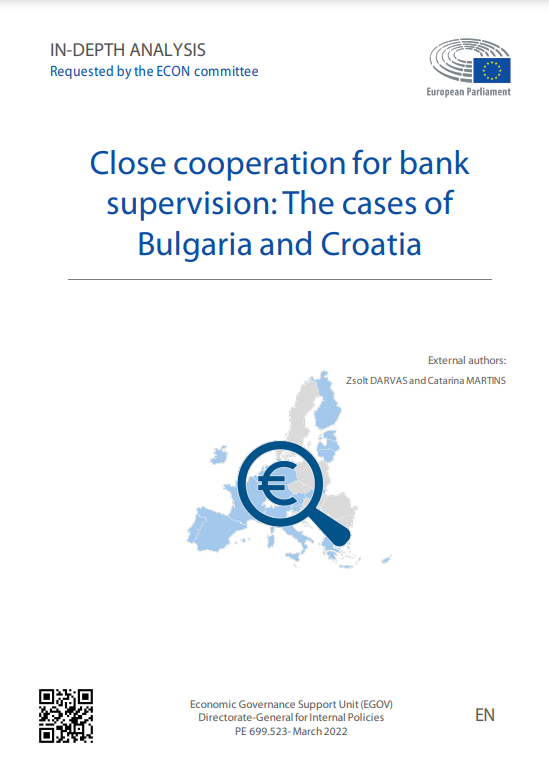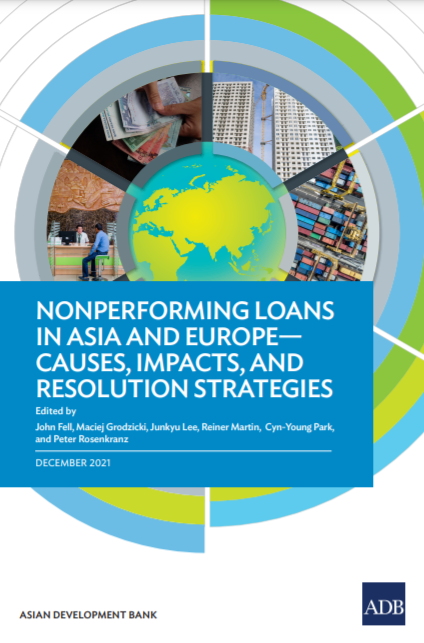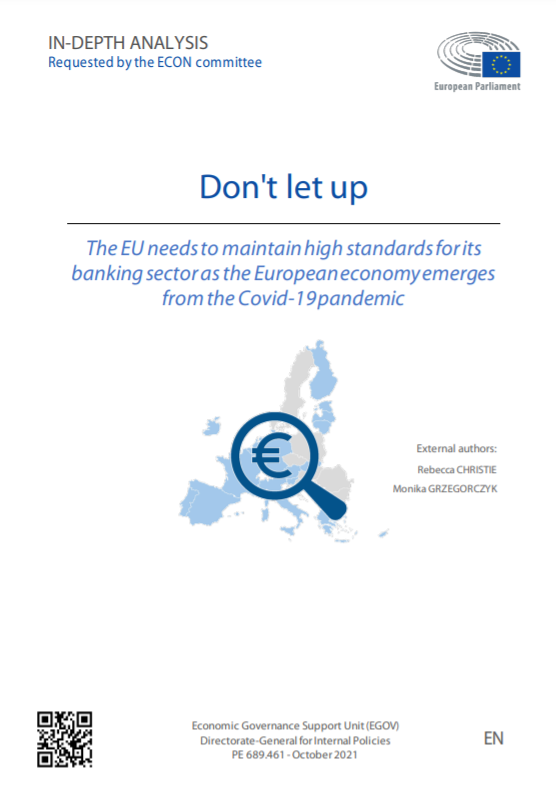External Publication
Reconciling contradictory forces: financial inclusion of refugees and know-your-customer regulations
The authors contributed to the new issue of the 'Journal of Banking Regulation' with a paper on financial inclusion initiatives and banking regulations necessary to provide access to financial services for asylum seekers and refugees.
 This paper was published in the Journal of Banking Regulation (2018).
This paper was published in the Journal of Banking Regulation (2018).
Providing access to financial services for asylum seekers and refugees is made difficult by know-your-customer financial regulations adopted as part of efforts to tackle money laundering and terrorist financing activities. Difficulties in identifying asylum seekers and refugees further complicate the urgent necessity of opening simple bank accounts, which is a crucial step towards integration.
The authors review certain financial inclusion initiatives and assess European Union banking regulations from the perspective of offering financial services to asylum seekers and refugees. They conduct a novel survey of banks in the European Union to shed light on banks’ attitudes to the financial integration of refugees, their assessment of the relevant banking regulations and possible public–private partner-ships to improve the financial integration process. The conclusion is that the solution to the financial inclusion problem is not to ease regulation, but to tailor it to the specific needs of refugees, while offering clear guidelines to banks and improving refugee identification. The authors make several recommendations, including the issuance of a European identification document to each refugee and the development of a pan-European registry of refugees.














